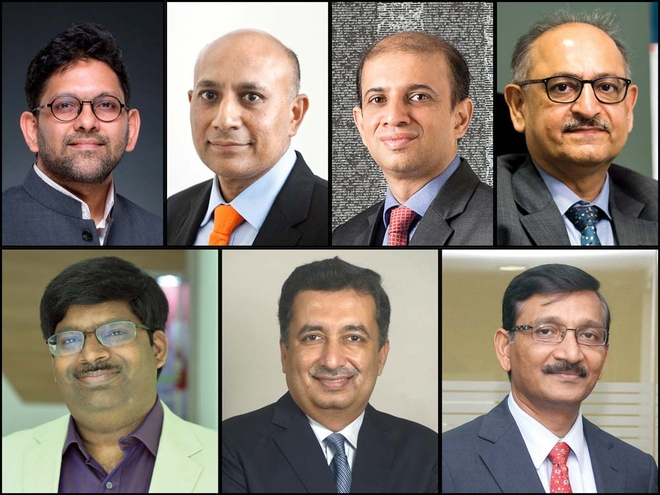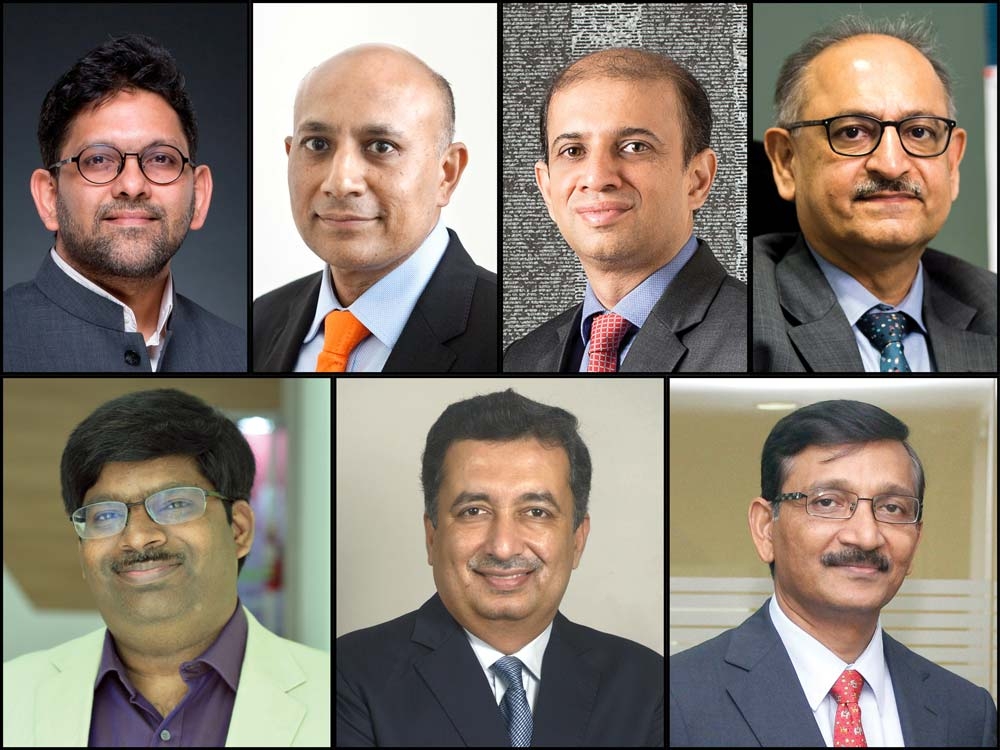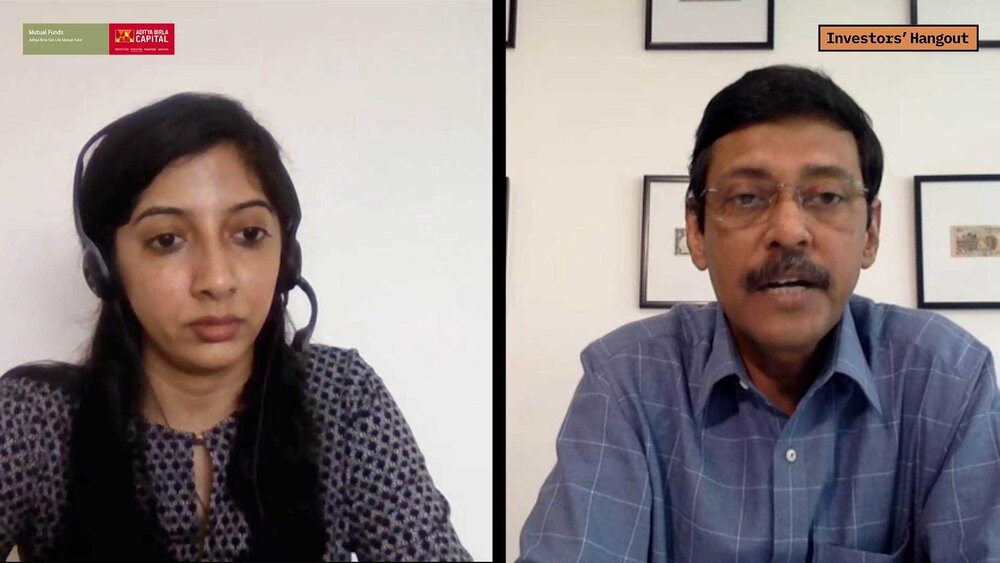
While debt funds are considered a safe asset to invest in, events in recent times have led to investors in even these funds losing money. Following credit events and the liquidity crunch faced by some funds, AMCs have taken several steps to prevent such events from happening in the future. We spoke to the heads of mutual fund houses to find out what systems they have in place to manage risk.
Kalpen Parekh, President, DSP Mutual Fund:
"There are three big risks in any fixed-income fund, which are as follows:
1. Interest-rate risk:
We have a framework, called 'MIP', which is communicated to investors so that the rationale behind our investment decisions is transparent. 'MIP' stands for macroeconomic variables, impact on liquidity demand-supply of bonds and currency, and price action.
2. Liquidity risk:
We are conscious that we are investors and not lenders and that we need to keep the portfolio highly liquid. We measure this by various means including bid-offer spreads and volatility in price movements.
3. Credit risk:
This risk has come to the fore with the collapse of a few institutions, two of which were AAA rated! Right from the process of evaluation of a credit, allowing a credit to monitoring a credit, the process has been strengthened. Furthermore, liquidity of papers has become most important."
Sanjay Sapre, President, Franklin Templeton Mutual Fund:
"While our priority and focus are to return monies to our unitholders at the earliest instance, we do agree that every challenge brings with it an opportunity for review and learning; such discussions are already underway.
"We believe that our role as investment managers is to deploy risk effectively and use that to generate returns. However, what this event has shown is the need for even more robust scenario planning, which includes even black-swan type of events to enhance the resilience of the portfolios."
Nimesh Shah, MD & CEO, ICICI Prudential Mutual Fund:
"ICICI Prudential has a solid track record of more than two decades in managing debt investments. Over the last 22 years, there have been no defaults, nor has there been any delay in interest payments in our debt-fund holdings. We successfully navigated the credit space as we were one of the early movers having instituted an in-house independent risk-management team entrusted with overseeing credit-evaluation and approval processes. This team is independent of the investment team. The decision to onboard a credit is taken after detailed due diligence and in accordance with our Debt Investment Policy.
"Furthermore, our fixed-income schemes did not have any exposure to names which have been under stress over the past two years. Our focus is on client selection, keeping away from concentration risk, using our own due diligence instead of relying only on credit rating as the selection tool, managing liquidity risk and not chasing yield-to-maturity. All these factors have helped our credit- risk fund to deliver a positive investment experience."
Kanwar Vivek, CEO, YES Mutual Fund:
"YES AMC launched its first fixed-income fund in January 2019 and right from the start, we have given utmost importance to risk management in all our schemes.
"Credit risk is the single-most important risk that most fixed-income funds are subject to and hence we took a conscious call to limit our investment universe to corporates which are high on credit-worthiness and have stayed away from chasing returns by taking undue risks.
"Any prospective investment has to go through stringent credit assessment by our internal credit team and we have also institutionalised sufficient checks and balances in the process of addition of any new corporate to the approved list."
Bharat Ravuri, MD, Principal Mutual Fund:
"While the regulations have mandated stress testing for liquidity funds, we have rolled out stress testing for all debt funds. We have also strengthened our Credit Committee with experts, which will bring in industry knowledge/ realities beyond the information we garner from the company and rating agencies.
"In the past, we have seen people chase returns at the expense of risk, but in this covid period, things have moved to the other end, where risk is given prime importance at the expense of return. So, it is important to strike the right balance and we are focusing on that."
Saurabh Nanavati, CEO, Invesco Mutual Fund:
"It's very important to understand that the role of fixed income is to offer stability to any investment portfolio. Our philosophy around managing fixed-income portfolios revolves around the safety of principal first, then managing the interest rate and minimising the liquidity risk. We are happy being labelled as a conservative debt fund house as 100 per cent of our fixed-income assets are invested in sovereign/ AAA/ A1+ assets only.
"As a fund house, we have invested in a dedicated credit-research team and developed a proprietary credit-appraisal process since our inception in 2008. The team has just 94 issuers approved currently. Any new issuers added to the universe have an additional requirement of approval from the internal investment committee."
Sandeep Dasgupta, CEO, BOI AXA Mutual Fund:
"The regulators have introduced and implemented various measures to strengthen the risk-management framework at the AMC level. Introduction of improved valuation norms for illiquid debt securities is just one of the many steps taken to tighten risk controls. At BOI AXA, along with strict adherence to these regulatory guidelines, we have implemented more stringent risk policies, such as stricter limits on issuer and sectoral concentration."



